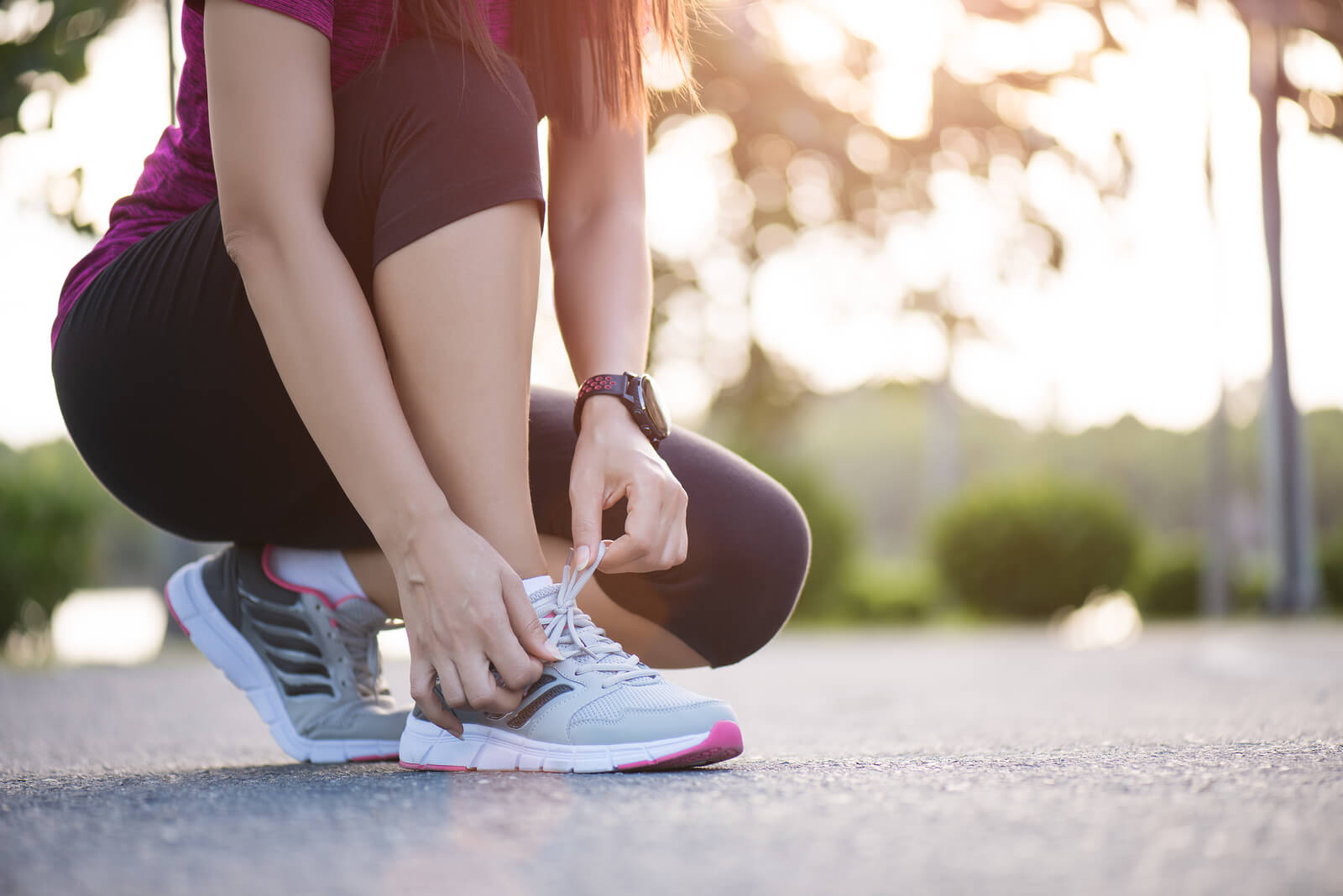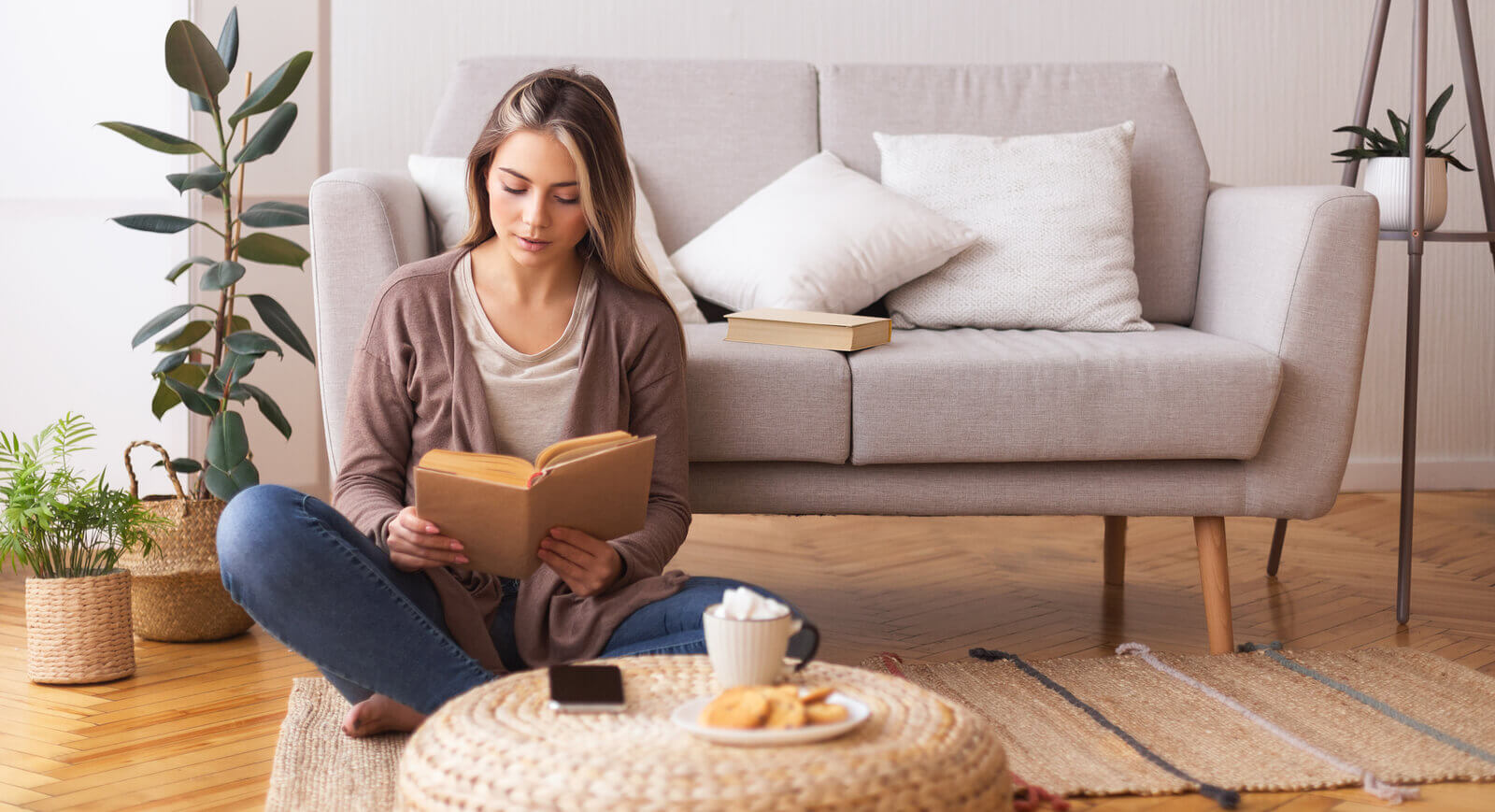IMPORTANT UPDATE (24/03/2020): The UK is now in lockdown. Please stay home and only leave for exercise once per day, while maintaining social distancing. Aside from that, you may only leave the house for medical reasons or to buy groceries.
————————————————————————————————————————-
We are currently living in the unprecedented scenario of a global pandemic, and it has left most of us with lots of questions. After all, this isn’t a ‘normal’ time for anyone.
So, we wanted to put this article together, which is full of information on COVID-19, what it means for you, and how it might affect your studies as a student.
What is COVID-19?
COVID-19 is a new coronavirus, and it’s at the heart of the current pandemic. It started life in China and rapidly spread to most countries around the world.
The UK infection rate is currently rising rapidly.
How to prepare for coronavirus
It’s understandably difficult to know precisely how much COVID-19 will spread in our communities, but it has been suggested that between 60 and 80 per cent of the population will get infected.
At the time of writing (as this is a fast-moving situation), the World Health Organization has issued the following advice to limit the spread of this disease:
- Practise social distancing
- Cover all coughs and sneezes with a tissue or the inside of your elbow
- Wash your hands thoroughly and frequently and for 20 seconds or more
- In-between hand washes, use antibacterial hand gel/hand sanitiser to kill germs
- Avoid touching your face unless you have just washed your hands
What is social distancing?

Social distancing involves limiting your contact with others.
Right now, the UK isn’t on lockdown, and so you are free to leave your house, but you must stay away from pubs, bars, restaurants, gyms, crowded retail stores, and any other group gatherings.
Use caution to visit supermarkets, check on friends/family members, use public transport, and so on.
It is currently safe to go for a walk or a jog, study at home, read, exercise at home, play games, and keep in touch with friends and family via phone and video calls.
What to do if you suspect you have COVID-19
If you have a combination of the below symptoms or just one of them, then you may have coronavirus:
- A cough
- A high temperature
- Shortness of breath
For most students, the illness will be mild. However, you could pass it onto someone who won’t be so lucky — hence the importance of handwashing, social distancing, and so on.
The above symptoms don’t automatically mean you have coronavirus — you may have a cold or flu.
The current advice for those who suspect they have COVID-19 is to self-isolate for seven days.
If you live with others — be it, housemates or family — then they will also need to self-isolate for 14 days following the onset of your symptoms.
You will need to keep your distance from them as best as you can, also.
If you live with an elderly family member or someone with underlying health conditions, then it’s recommended that they are moved out of the house if possible as it is likely they will catch the disease when living in the same property.
If your symptoms get worse to the point where you don’t feel you can cope or if they haven’t eased off over the seven days of self-isolation, then contact the NHS via the 111 service online. From here, you will be directed to the right service.
If it’s an emergency (for example, if you are struggling to breathe), then skip 111 and instead call 999 straight away.
How to get through self-isolation

Even the most introverted individuals will struggle with a week or more indoors, so here are a few tips for your health and wellbeing:
- Keep in touch with your family and friends via phone calls, video calls, social media, and so on.
- Having said that, if you’re feeling stressed out and anxious regarding the pandemic, a break from social media and the news might do you some good.
- If you’re feeling well enough, do some exercise — whether that’s walking in your garden, or aerobics indoors with a YouTube instructor.
- Ask friends or family to drop off anything you need — food or medication, for example — but make sure they leave it on your doorstep for you to collect when they have gone.
- Keep yourself busy with university work, reading, watching boxsets, cooking, etc. If you’ve always wanted to learn how to bake your own bread, for instance — now’s your chance!
Specific university advice
As you will be aware, the Leeds universities have decided to move to online learning for the foreseeable.
However, you may be wondering if you are allowed on campus and what will be open there if you can visit.
Those studying at the University of Leeds can find out the latest about university and coronavirus on this page.
If you’re a Leeds Beckett University student, you can head here to find out the latest news.
Leeds Trinity University students can find out everything they need to know and about university and COVID-19, here.
Student loans
If you’ve got any questions regarding your student loan, then this page should answer them.
Final thoughts
We know many international students have been faced with the difficult decision of deciding whether to try and get back to their home country or stay put in the UK for the time being.
Nobody else can make that decision for you, but you can get advice from your university, which may help you to come to a conclusion.
If you are feeling anxious and stressed out due to the pandemic or for any other reason, then we wrote an article on how students can manage stress. However, you must reach out to friends and family at this time, too — more than ever.
Stay safe.



